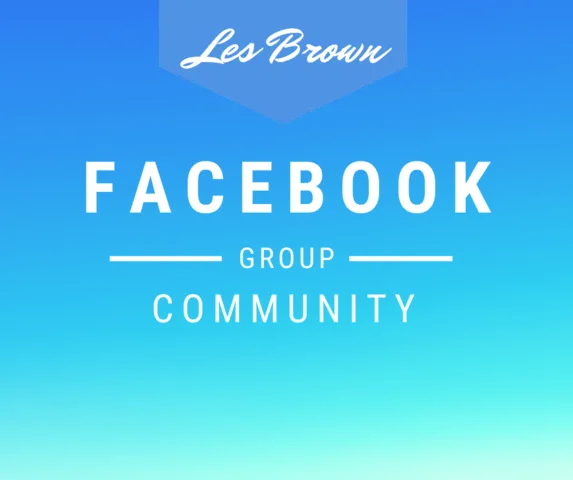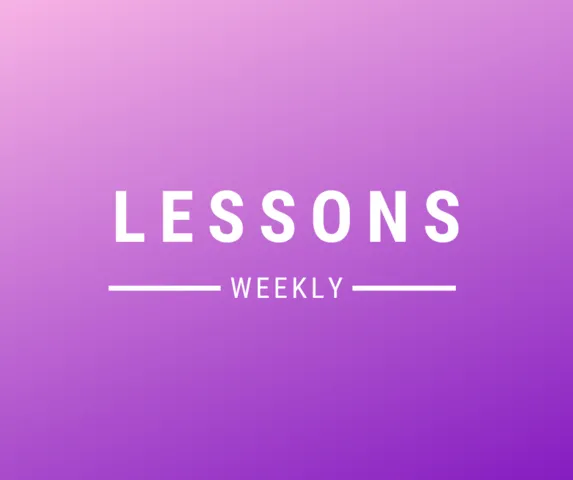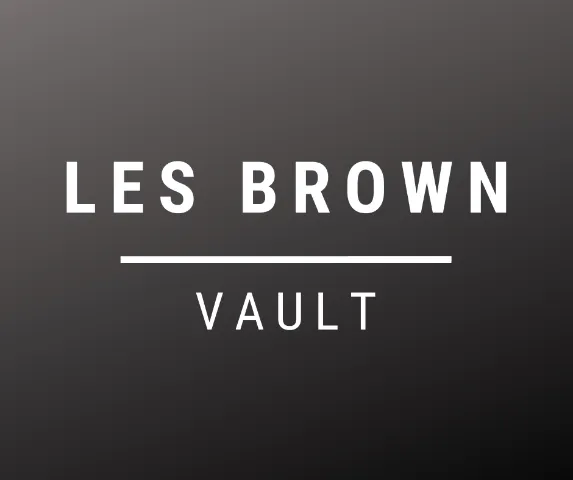Welcome, .
This is the pre-launch version of the Prodigy 4.0 update that will go live inside the Hotmart platform on June 1. Until then, you can access all your content below. After June 1 you will be able to view this content in Hotmart's organized system and be able to interact with all the other Prodigies.
Choosing Your Future
The Power of Purpose
Bringing Out the Millionaire in You
Live Your Dreams
Unwrap Your Infinite Greatness
High School Speech
Dig Deeper and Go Further
So You Want to Speak
Lesson 49 - Listening to Your Audience
Today, audiences are expecting a great deal from speakers.
Because this is a time that the late Peter Drucker called the ‘era of the three C's’:
Accelerated CHANGE, overwhelming COMPLEXITY, and tremendous COMPETITION.
People in a global economy have to do more, faster, better, with no additional manpower.
They have to take on two or three different jobs.
Many times, when that happens, morale and productivity drops and so they need a speaker to come in, when they downsize the organization turn up the energy to inspire the organization to begin to catch the vision and the goal of the corporation or the organization and become motivated and catch the thirst to perform at a higher level.
So when the speaker comes in, you have to deliver a strategic message…
I trained my speakers to understand and know that when they come before an audience, this audience they have three things in mind…
Who are you?
What do you have?
Why should I care?
And as they begin to put together the presentation, I remind them that don't let what you want to say in the way of what the audience NEEDS to hear.
So therefore, it's very important that you find out what's going on… what has worked, what has not worked, and then put together a presentation that will strategically address that organization's problem so that in the process of the presentation, they can literally transform how the people in the audience will see themselves and when they leave the room, they begin to behave differently.
Morale is increased because now they SEE themselves differently.
They have a larger vision of themselves.
And this strategic message is designed to distract, because when you come into an audience, there are 500 people there that 500 stories that's going on.
And so you have to distract them from listening to that story.
If our speeches, our presentations, don't do anything but entertain people, we haven't done anything at the end of the speech.
There must be an increase in productivity at the end of the speech… people must be INSPIRED.
At the end of the speech, sales must increase, otherwise, you haven't done a great job.
You see, you also have the ability to take very painful subjects, divorce, a diagnosis of cancer, losing a job and connecting it in ways to people that allows them to go beyond that experience.
Don't let your talk just become one emotion.
Allow yourself to connect on a range of emotions…
Don’t come from a place of judging them, or from a place of “I know at all I've got it all together 100%”.
Never ever go in there feeling that you know everything…
Listen to and observe your audience.
You want to become aware of what it is that touches them in a special kind of way…
If there's something that you said that offended someone, you apologize in the moment and you keep moving.
Sometimes, we can unintentionally pick up things and say those things that might be funny to you but insulting to someone else.
It’s no excuse because you are a professional.
And so, that's what you have to do… if you make a mistake and you're gonna make some mistakes, own it, apologize.
Don't make any excuses and move on…the audience will appreciate you for that.
It's clear to me that at the moment, there are times when a person will make mistakes.
It's okay to admit those mistakes, acknowledge it and move on.
The audience will be forgiving as you go through that process. Absolutely.
Something else that comes to mind when I'm thinking about ethics and responsibility of
speaking from the heart is that you must hold a person's identity confidential as part of a speaking engagement unless they've given us permission.
So the whole notion of how we use names, how we use experiences, and how we basically open that up for public viewing in front of a group.
First of all, we need to ask the permission of that person.
Is it okay for me to use this?
And then even in the areas where it's sensitive, you can use someone else's name, or we can change the circumstances a little bit so that they are not put out to public view.
And that's the standard that we must hold ourselves to the highest level of integrity.
See you next week




